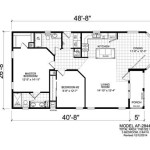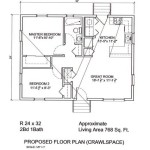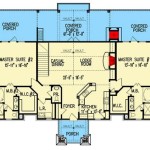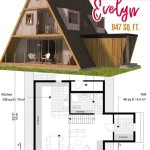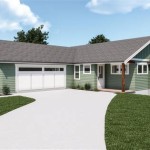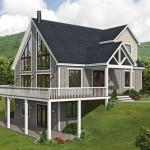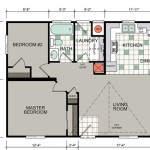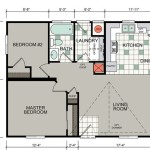45-Degree Angled House Plans: A Guide to Creative, Asymmetrical Designs
Departing from the traditional rectangular floor plans, 45-degree angled house plans introduce a captivating geometric element that redefines architectural boundaries. These plans embrace angles and shifts, resulting in visually striking and functionally efficient living spaces.
The essence of a 45-degree angled house plan lies in its non-conforming geometry. By aligning walls and rooms at 45-degree angles, architects create dynamic and visually engaging layouts. This angled approach not only adds architectural interest but also enhances the flow of light and ventilation, promoting a sense of spaciousness and comfort.
Benefits of 45-Degree Angled House Plans
- Visual Appeal: The angled design creates a striking visual impact that sets your home apart from the ordinary.
- Natural Light and Airflow: The angled walls maximize natural light penetration and promote efficient cross-ventilation, reducing the need for artificial lighting and cooling.
- Efficient Space Utilization: The non-rectangular layout allows for creative space planning, maximizing the use of available area and reducing wasted space.
- Unique Room Configurations: Angled rooms create distinctive and unexpected shapes, offering ample opportunities for personalized interior design.
Design Considerations for 45-Degree Angled House Plans
While 45-degree angled house plans offer distinct advantages, there are certain design considerations to keep in mind:
- Complex Roofing: The angled rooflines require more complex design and construction techniques compared to traditional rectangular roofs.
- Non-Standard Windows and Doors: The angled walls necessitate custom-sized windows and doors, which can increase the overall cost.
- Furniture Placement: The angled rooms may require tailored furniture arrangements to accommodate the non-conforming shapes.
- Structural Considerations: Engineers must carefully design the structural system to accommodate the angular forces generated by the angled walls.
Examples of 45-Degree Angled House Plans
The versatility of 45-degree angled house plans is evident in a wide range of architectural styles, from contemporary to modern and traditional. Here are some notable examples:
- Case Study House No. 22 (1950): Designed by Pierre Koenig, this iconic mid-century modern home features two wings angled at 45 degrees to maximize views of the Los Angeles basin.
- Fallingwater (1935): Frank Lloyd Wright's masterpiece showcases angled concrete terraces cantilevering over a waterfall, creating a harmonious blend of architecture and nature.
- Gehry Residence (1978): Designed by Frank Gehry, this postmodern masterpiece features a series of tilted and interconnected forms, creating a visually dynamic and unconventional home.
Conclusion
45-degree angled house plans offer a captivating alternative to traditional rectangular designs, introducing a unique blend of style, functionality, and architectural innovation. While certain design considerations must be addressed, these plans have the potential to create extraordinary living spaces that redefine the boundaries of home design.

Country Craftsman House Plan With 45 Degree Angled Garage 360068dk Architectural Designs Plans

Country Craftsman House Plan With 45 Degree Angled Garage 360068dk Architectural Designs Plans

Floor Plan

Country House Plans With Angled Garage A Perfect Blend Of Style And Functionality Floor Ranch

Modern Farmhouse Plan With Angled Garage And Screened Porch 135016gra Architectural Designs House Plans

Craftsman House Plan With Angled 2 Car Garage 36031dk Architectural Designs Plans

House Plan 82100 Craftsman Style With 3140 Sq Ft 4 Bed Bath

Craftsman House Plan 4 Bedrms 3 Baths 3123 Sq Ft 198 1062

House Plans The Boynton Cedar Homes

Contemporary Two Story With Office Plan 4864

